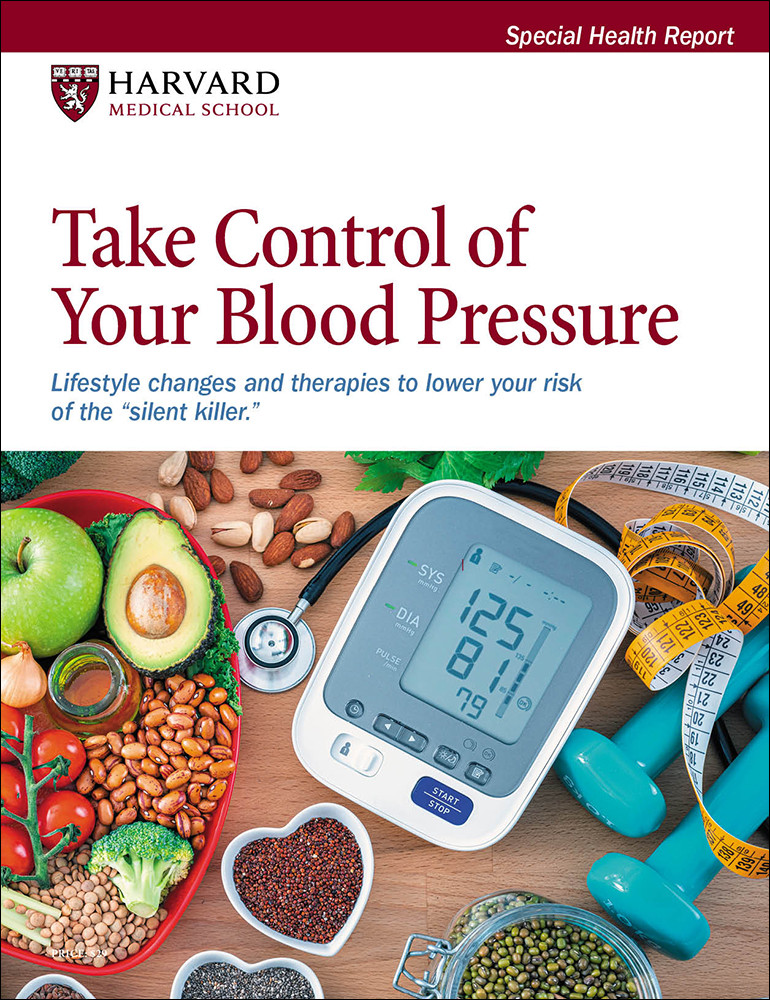Using a salt substitute can lower risk of developing high blood pressure
Research we're watching
- Reviewed by Toni Golen, MD, Editor in Chief, Harvard Women's Health Watch; Editorial Advisory Board Member, Harvard Health Publishing; Contributor

Swapping table salt for a salt substitute can greatly lower the risk of developing high blood pressure, according to an analysis in the February 2024 issue of the Journal of the American College of Cardiology.
The study involved 609 adults ages 55 and older (average age 71, 26% women) who lived in care facilities in China. All had normal blood pressure at the study's start. Participants were split into two groups: 298 continued to use table salt, while 313 used a salt substitute consisting of 62.5% sodium chloride, 25% potassium chloride, and 12.5% flavorings. Over the following two years, participants in the salt-substitute group were 40% less likely to develop high blood pressure than peers who continued using regular salt.
Nearly half of all adults in the United States have high blood pressure. But people of all ages — whether they have high blood pressure or not — may benefit from replacing regular salt with a potassium-enriched salt substitute, the study authors said. Limitations of this study include that it took place in China, where diets are fundamentally different from those in the United States, and that only 26% of participants were women.
Image: © Peter Dazeley/Getty Images
About the Author

Maureen Salamon, Executive Editor, Harvard Women's Health Watch
About the Reviewer

Toni Golen, MD, Editor in Chief, Harvard Women's Health Watch; Editorial Advisory Board Member, Harvard Health Publishing; Contributor
Disclaimer:
As a service to our readers, Harvard Health Publishing provides access to our library of archived content. Please note the date of last review or update on all articles.
No content on this site, regardless of date, should ever be used as a substitute for direct medical advice from your doctor or other qualified clinician.
















